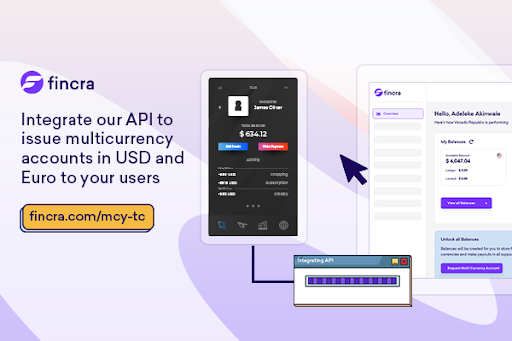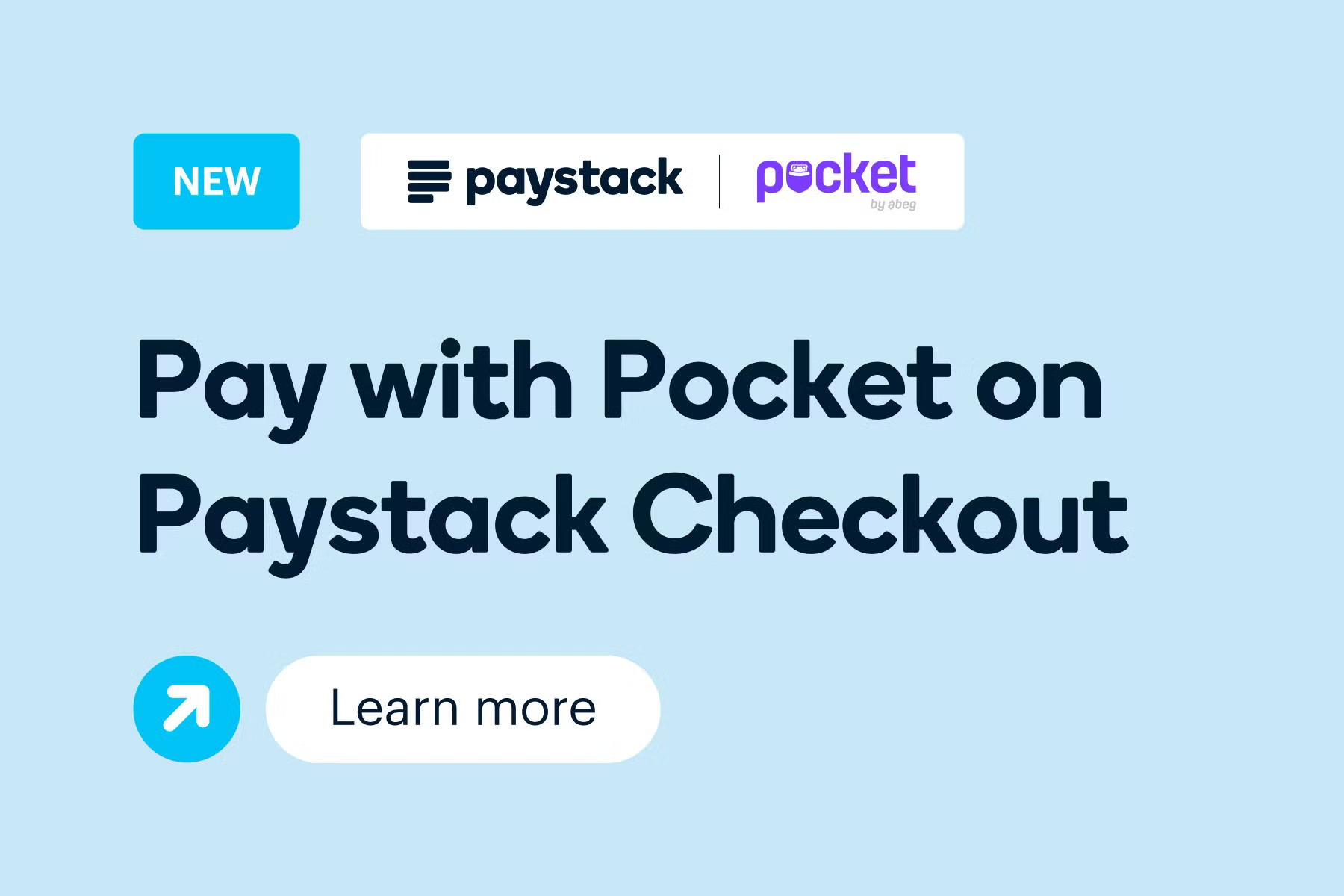
In partnership with

Good morning! ☀️
Where will you be today?
The answer there should be a resounding “Moonshot!”—nothing else. The most important tech gathering in Africa, Moonshot by TechCabal, takes centre-stage today.
We are kicking off at 9.30 AM GMT with a fireside chat featuring Bosun Tijani, Nigeria’s Minister of Communications, Innovation, and Digital Economy. Minister Tijani will discuss how Africa’s digital economy players can build for the world and compete globally.
For two days, we will be having important conversations about the future of African tech. We’ve outlined the program schedule so you can plan around it.
Be there!

Regulation
Safaricom and M-PESA split gains momentum in Kenya

In 2016, Kenya’s communications regulator, the Communications Authority (CA), commissioned a UK-based consultancy firm, Analysys Mason (AM), to investigate the competitive landscape of the local telecoms market.
In leaked reports from 2017, AM initially recommended that Safaricom, Kenya’s lead telecom operator, separate its carrier business from its mobile money services (M-PESA). However, in a subsequent official report, AM reversed its stance, arguing that such a split would be “disproportionate.”
Since then, regulators and lawmakers have pressed Safaricom to separate its voice, data, and SMS business from its other operations. In 2021, a parliamentary bill aimed at compelling Safaricom to split was introduced but failed to gain sufficient support. The bill, Kenya ICT (Amendment) Bill, was revived in 2022 and received its first hearing.
That same year, Airtel Kenya, the country’s second-largest operator, separated its mobile money services from its core business.
On September 28, Kenyan members of parliament (MPs) held a second deliberation on the proposal to split Safaricom, signalling their continued intent to push for the separation.
While Safaricom has resisted the split, it hinted at plans—through its CEO Peter Ndegwa—to form a holding company (HoldCo) in 2025 with divisions for its various business lines. Under this new structure, M-PESA, which accounts for nearly half of Safaricom’s revenue, would become a subsidiary within the same business as data, voice, and messaging.
However, a key obstacle to the split is a KES 75 billion ($581 million) tax bill. Safaricom executives have met with the Central Bank of Kenya (CBK) to discuss a potential tax waiver, but the outcomes of these discussions remain unclear.
Read Moniepoint’s Case Study on Funding Women

After losing their mother, Azeezat and her siblings struggled to keep Olaiya Foods afloat. Now, with Moniepoint, they’re transforming Nigeria’s local buka scene. Click here for a deep dive into how Moniepoint is helping her and other women entrepreneurs overcome their funding challenges.
Moonshot
To Lagos, with love

Lagos has an aura that makes it a strong contender for best African city. From the bustling metropolis on the mainland to the open, tree-laden streets of Victoria Island, it’s the perfect concoction of the African urban experience.
What also stood out to TechCabal’s Southern Africa reporter, Ephraim Modise—who flew in from Botswana last Friday—is the sheer amount of startup activity in one of Africa’s biggest VC cash destinations. Billboards of some of Africa’s most recognisable startups, like Chowdeck and LagRide, are strewn around the city.
I also spotted the billboard for Moonshot, one of the prime African tech ecosystem events happening today at the Eko Convention Centre!
As a self-titled foodie, seeing Chowdeck and Glovo drivers paddling around the city to deliver plates of happiness warmed my taste buds. I, too, placed my fair share of orders on the delivery app.
LagRide and Uber’s rides helped me to get around. One thing that stood out to me was the amount of horn-honking on Lagos roads, showing that everyone is always in a hurry when you are one of Africa’s leading economic hubs.
The next two days will be spent interacting with founders, regulators, investors and more tech stakeholders at Moonshot. If you are around, come say hi!
Issue USD and Euro accounts with Fincra

Whether you run an online marketplace, a remittance fintech, a payroll, a freelance platform or a cross-border payment app, Fincra’s multicurrency account API allows you to instantly create accounts in USD and EUR for customers without the stress of setting up a local account. Get started today.
Startups
Can Nigeria’s homegrown cloud providers beat global giants?

Nigeria’s cloud computing market is growing big. While the market has been dominated by global giants like Amazon Web Services (AWS) and Microsoft Azure, homegrown cloud providers are gearing up to dominate the space. These homegrown cloud providers are aiming to serve the likes of banks, pension funds and startups all in need of large storage spaces. Two days ago, open banking startup Okra, after launching Nebula—its local cloud infrastructure—announced that it had joined that race too.
For these local cloud providers, the promise has been simple: offer respite to companies that are looking to cut dollar costs. While these homegrown cloud providers offer affordable alternatives to global giants, it raises the question of how they can maintain lower prices given their reliance on established brands like Huawei and Azure.
One obvious answer might be that local providers are offering low prices to gain market share.
However, another contrarian answer we got from a cloud analyst is that lower prices from local providers could be attributed to their focus on providing basic services that meet the needs of startups, rather than offering highly customisable options. Local providers are also able to offer lower prices because they have lower operating costs than the established players. They generally leverage their existing infrastructure.
In the end, while customers might care about pricing they also care about the reliability of the cloud service providers—whether it’s from a local cloud provider or not.
Introducing Pay with Pocket on Paystack Checkout

Paystack merchants in Nigeria can now accept payments from PocketApp’s 2 million+ customers. Learn more →
Regulation
Starlink in regulatory crosshairs in Nigeria

Starlink and the Nigerian Communications Commission (NCC) will be having a row soon. The Elon Musk-owned satellite internet company found itself in the regulator’s crosshairs on Tuesday for daring to do what telecom operators have been trying to achieve for over 11 years. Starlink, beloved by young and upwardly mobile Nigerians for its internet speed, raised its prices to cope with harsh economic realities.
First, the regulator stated in a press release that the satellite internet service provider (ISP) did not receive approval before “jumping the gun” and announcing the price changes. The regulator said the act was a violation of the National Communications Act (NCA), where only the regulator has veto power to approve price changes from telcos and ISPs. Later, NCC, through Reuben Muoka, its director of public affairs, retracted that claim.
However, soon after, the communications regulator announced that it commenced a pre-enforcement action against Starlink since October 3 to address the violation of the Act. This will likely mean a warning, a sanction, or worse, a fine for the misconduct on Starlink’s part.
In any free market, where prices are determined by the laws of demand and supply, Starlink’s action wouldn’t have raised so many eyebrows if there were sufficient evidence that the adjustment would reduce operational costs. But the Nigerian regulatory environment is different. Here, the law allows the regulator to set prices, determine when to review them, and decide what adjustments to make.
Starlink is the only major satellite internet provider that has made significant inroads into Nigeria’s telecom industry, especially as an internet service provider. When it launched in 2022, the then Minister of Communications and Digital Economy, Isa Ali Pantami, claimed the satellite service would push internet penetration to 100%.
Starlink is currently available in over 100 countries and is opening more outlets. However, it will certainly have to respond to the NCC, and what that message will be is anyone’s guess.
CRYPTO TRACKER
The World Wide Web3
Source:

|
Coin Name |
Current Value |
Day |
Month |
|---|---|---|---|
| $62,371 |
– 0.35% |
+ 14.23% |
|
| $2,443 |
+ 0.56% |
+ 6.41% |
|
|
$1.95 |
– 6.34% |
+ 114.23% |
|
| $143.21 |
– 0.29% |
+ 11.65% |
* Data as of 06:20 AM WAT, October 9, 2024.
Opportunities
- Difficulties within Africa’s economic landscape have raised questions about the feasibility of building successful startups on the continent. Iyin Aboyeji, a Nigerian entrepreneur who co-founded two companies valued at over $1 billion before the age of 30, is now a prominent startup investor. He is one of the featured speakers at Moonshot 2024, joining other innovators and industry leaders working on groundbreaking solutions to Africa’s most pressing challenges. Save your seat at Moonshot! You can still get tickets here.
- The Africa Prize for Engineering Innovation is open to African innovators creating engineering solutions to local challenges. Innovators from sub-Saharan Africa should pitch viable engineering products or services that will have social or environmental benefits to the continent. Apply for the chance to get up to $25,000 in funding.
- For all our fintech friends, please join us in collaboration with This Week in Fintech for an exclusive happy hour hosted with SmileID, Owo, Paystack, and PalmPay. Join us here.
- Learn about 10 HR mistakes to avoid as a tech founder, hiring manager, or business owner. To mark the first anniversary of HR-Clinic, Emmanuel Faith, a People and Talent Leader, shares ten pivotal lessons for business leaders. HR-Clinic—founded by an award-winning and globally certified human resource professional Emmanuel Faith—offers quick, scalable HR solutions to common challenges in the tech ecosystem, providing Fractional HR consultancy to founders in need of immediate support. Book a session here.
Issue virtual USD cards for you and your customers

Do you want to issue virtual USD cards for your customers and business expenses? Use Kora’s APIs to issue cards, customise your card program, and set your customers’ funding limit to your risk level. Get started here.

Written by: Kenn Abuya, Ephraim Modise, Faith Omoniyi, and Frank Eleanya
Edited by: Olumuyiwa Olowogboyega
Want more of TechCabal?
Sign up for our insightful newsletters on the business and economy of tech in Africa.
- The Next Wave: futuristic analysis of the business of tech in Africa.
- Entering Tech: tech career insights and opportunities in your inbox every Wednesday at 10 AM WAT.
- TC Scoops: breaking news from TechCabal
P:S If you’re often missing TC Daily in your inbox, check your Promotions folder and move any edition of TC Daily from “Promotions” to your “Main” or “Primary” folder and TC Daily will always come to you.

Read Next

Read more





















